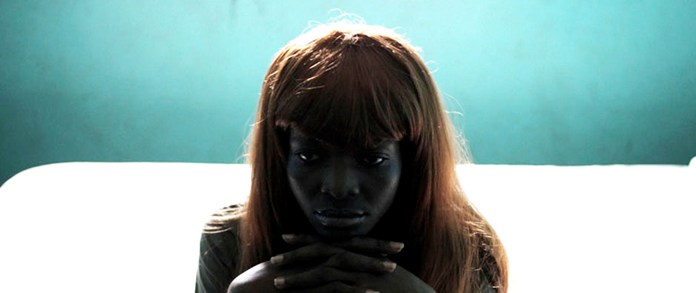Celebrating African women filmmakers

Two recent high profile public events in London this year focused on female filmmakers working in African cinema. We can’t repeat the significance of this enough: This is high exposure for a demographic of the African film industry that is generally low on the radar.
Late last month a group of academics, filmmakers and critics from around the world converged at a conference in London to celebrate the work of African women in film. The event was held at the University of Westminster. Those attending heard from important female filmmakers such as Jihan El-Tahri, director of “Behind the Rainbow” (2008) and Yaba Badoe, director of “The Witches of Gambaga” (2010) who discussed their experiences as independent filmmakers. Writing at subtitledonline.com, Katy Stewart records that both women passionately broached controversial issues, denying labels that are often imposed upon them for the benefit of funders and commissioners.
Earlier in November at Film Africa 2011–the revived version of the London African Film Festival–a special programme of screenings and discussions focused on female filmmakers whose films covered the broad spectrum of short film, experimental, documentary and feature filmmaking.
Directors such as Zina Saro-Wiwa, whose films are exciting pieces of experimental cinema, and Rungano Nyoni, a young Zambian filmmaker and director of the award-winning “Mwansa The Great,” were both in attendance in London. They spoke about their experiences, their films and their influences, admitting that to work independently and create narratives of their own choosing is increasingly tough in an industry where the pressures of funders can overwhelm ideas and narratives. Nyoni admits that for her brilliant short film “Mwansa the Great,” if Mwansa’s father had explicitly died of AIDS, she would have received much more funding. It was only fitting that Nyoni received her award for Best Short Film at the festival by the godmother of African cinema, Sarah Maldoror, whose own work sets a high, politically charged and engaged standard as early at 1973. (You can read my post about Sarah Maldoror on AIAC here)
If both events can be taken as a reading of the current health of African filmmaking, and women’s roles within, then the outlook seems far from bleak, in fact, the opposite. It is clear that women are showing a fierce and passionate will to overcome the difficulties of the industry. Whether questioning controversial practices shrouded in belief, as with “Witches of Gambaga,” or uncovering the vastly complicated history of one of Africa’s most famous political parties, the ANC, as with El-Tahri’s “Behind the Rainbow,” female directors are not afraid to criticize at the status quo. Zina Saro-Wiwa experiments with narrative and form in her film “Phyllis,” an atmospheric portrait of a woman obsessed with watching Nollywood: it’s a subversive, feminist response to Nollywood, critiquing the unforgiving treatment of single women in Nigeria in general. All the filmmakers mentioned, and more, are producing critical and exciting films that are changing the way we think about the various pockets of activity that we call ‘African cinema’ in general.
* The still at the top of this post is from Saro Wiwa’s “Phyllis.”



















